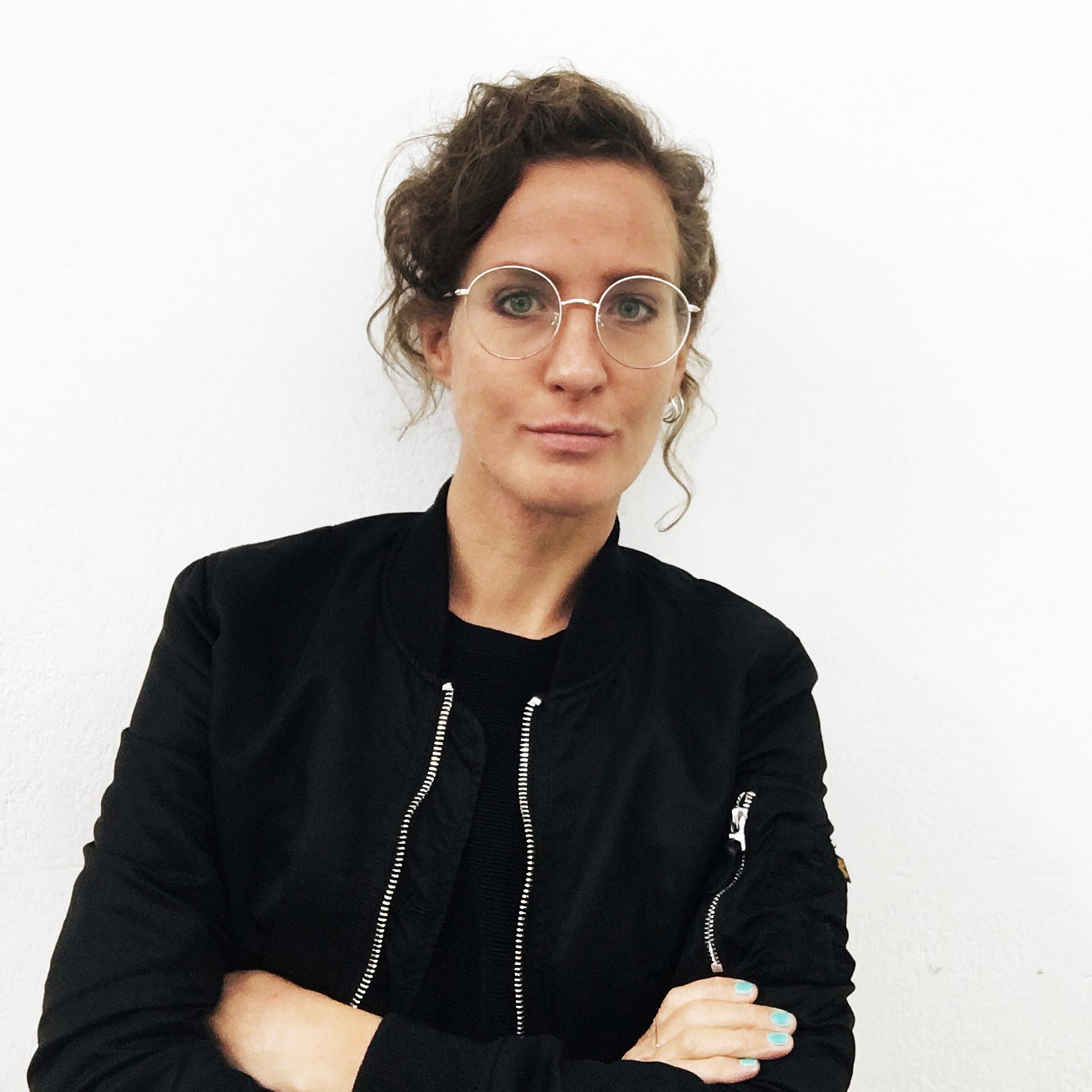Julia Weißenberg
1982, Bergisch Gladbach
STIPENDIUM 2020

The scholarship of the state of North Rhine-Westphalia for female media artists 2020 was awarded to Julia Weißenberg.
Members of the three-person jury were Heike Ander (cultural scientist and curator, Academy of Media Arts, Cologne), Tasja Langenbach (curator and artistic director of the Videonale, Bonn) and Nico Joana Weber (artist and NRW Media Art Scholarship Holder 2018). The jury selected the scholarship holder from 62 applications.
Jury statement
What narratives are underneath the surfaces of architectures, objects, products that surround us every day? What stories are woven into them? What politics of social global coexistence are hidden behind the appearance of the exterior? Julia Weißenberg explores and reveals these politics in her works using a wide variety of media and forms. They are the stories of raw materials that we wear on our bodies every day in the form of clothing or technical equipment and which, seen in their pure form, expose global dependency relationships and trade routes. It is the narratives of brands and products that are invisible layers over our perception and our bodies. And it is the architectures that manifest utopias and worldviews in their location in space and time. Julia Weißenberg opens up these surfaces with specific interventions and invites us to take a deeper look.
In her project The Habitat, with which Julia Weißenberg applied for the scholarship for female media artists, the artist also looks behind the scenes of contemporary architecture and asks how different types of work are reflected in the forms of our living. Specifically, she compares the living spaces of “digital nomads” with those of Chinese migrant workers in so-called “urban villages”. While the former determine their place of residence themselves according to their own criteria and understand living out of a suitcase as the luxury of freedom of a Western lifestyle, the latter are the pawn of superior power relations and are condemned to live and dwell in a permanently temporary state between demolition and a new beginning. How can a sense of security, safety and identity be created under these respective conditions and in the architecture designed for them, and what connection do our human bodies have to make with the architectural bodies for this to happen? What relevance do these categories have at all for a modern nomadism? And is there a right to something like home?
We are pleased to support Julia Weißenberg in realising this project with the scholarship for female media artists from the state of North Rhine-Westphalia, and we are excited about the new readings she will open up for us as a result.
Tasja Langenbach for the jury
Julia Weißenberg (*1982 in Bergisch Gladbach) studied at the University of Applied Sciences Düsseldorf and the Academy of Media Arts Cologne, where she graduated in 2012.
More info about Julia Weißenberg



